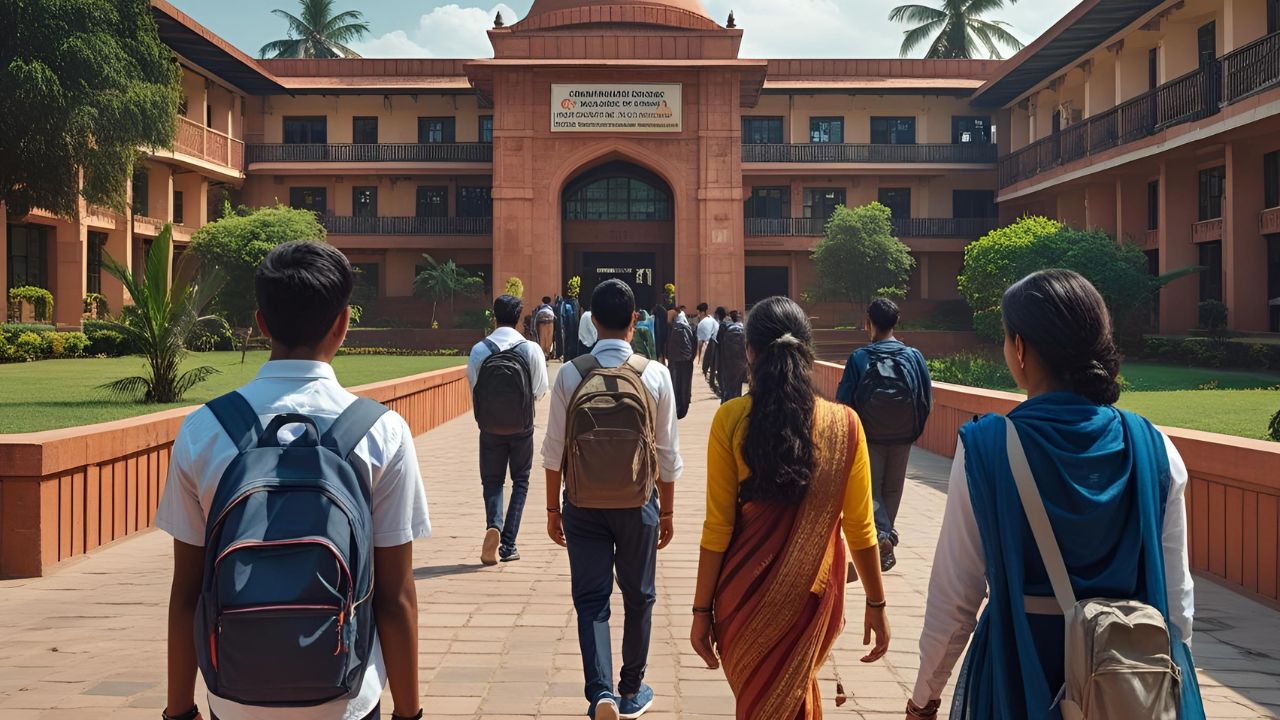As India and the globe observe a new increase in COVID-19 infections, two new variants, NB.1.8.1 and LF.7, have surfaced, which also brings to mind their severity as compared to other older strains.
Do the 2025 Variants Pose a Greater Threat?
Transmissibility:
Both NB.1.8.1 and LF.7 are sub-lineages of JN.1 Omicron, and the World Health Organisation has classified them as “Variants Under Monitoring.” First findings and expert evaluations suggest these variants appear to be more contagious than several older strains because of mutations that aid the virus in evading some immune defences. Nevertheless, this increased spread does not appear to worsen the illness.
Severity of Illness
These new variants appear to cause illness predominantly of mild severity flu and earlier Omicron wave symptoms, including nasal congestion, dry cough, low-grade fever, fatigue, myalgias, and generalised malaise. Vaccination remains protective, and no data supports increased hospitalisation or mortality from NB.1.8.1 or LF.7 compared to Delta or early Omicron. Even refreshed boosters are deemed protective against severe disease outcomes. Experts believe the threat to overall population health remains within acceptable bounds, and vaccinated and healthier individuals would not be at risk.
Vaccine Effectiveness
With the emergence of these newer variants, existing vaccines and boosters continue to mitigate the risk of severe disease and death, with hospitalisation rates low across the board. There is no indication that NB.1.8.1 or LF.7 circumvent vaccine-induced immunity to any significant extent.
What Should the Common Man Do?
Stay Composed and Informed:
- No cause for alarm, global and regional health bodies are tracking these new variants closely. Thus far, they haven’t caused more severe disease.
- Maintain basic hygiene standards: Practice good hand hygiene and respiratory etiquette.
- If you’re elderly or have chronic medical problems, exercise particular caution in crowded and poorly ventilated areas where masks should be worn.
- Avoid crowded places and travel during local case surges.
Get Vaccinated and Boosted:
Make sure you are fully vaccinated and boosted with COVID-19 doses if eligible. Prevention via vaccination remains the best option to avoid the risk of severe cases.
Observe Symptoms:
If you experience fever, cough, sore throat, or exhaustion, follow local guidelines. Most individuals can recover with rest at home, but medical assistance should be sought if symptoms take a turn for the worse.
The Bottom Line
While still classified as mild, the newer 2025 COVID-19 variants NB.1.8.1 and LF.7 have greater transmissibility than previous versions. Infection rates are largely low and still safeguarded by vaccinations, with the most practical measures being to remain alert and follow health policies as well as advisory mandates for vaccination eligibility.
Read: Covid Cases Rising Around India As New Variant NB.1.8.1 And LF.7 Are Detected
Read More: Honda Plans New Launches in India, focusing on SUV and EV segments













